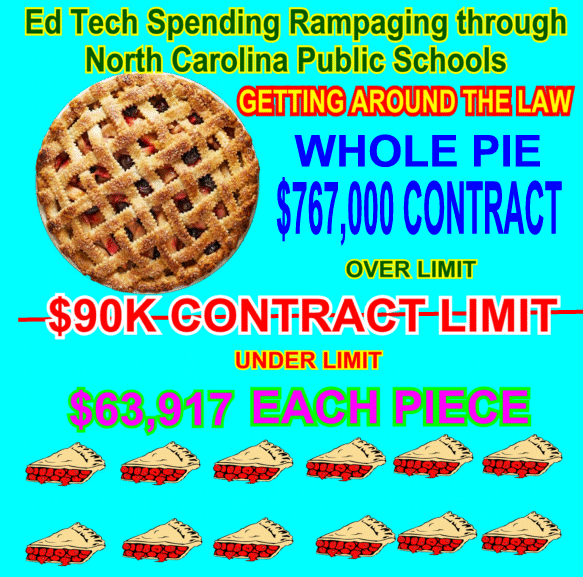The Silence of the Ellipses:
Or Why History Can’t Be About Telling Our Children Lies
Sam Wineburg is the Margaret Jacks Professor of Education & (by courtesy) History at Stanford University. His most recent book is Why Learn History (When It is Already on Your Phone), University of Chicago Press, 2018. He tweets at @samwineburg.
Aware his days were numbered, a tuberculosis-stricken George Orwell raced to finish the book that would make his name an adjective. Holed away in a remote cottage on the Isle of Jura off the Scottish coast, he left the island for the last time in 1949, the same year his novel appeared. He died a year later.
I read 1984 in my 11th-grade English class in the weary rustbelt town of Utica, New York, at a time when Russia was still the USSR and the “focus of evil in the modern world.” With Cliff Notes at my side, I decodedthe book’s more obscure allusions (2 + 2 = 5, I learned, conjured up Stalin’s claim that his five-year plan had been completed in four). But you didn’t need a study aid to get the main point. We lived in a free society; they in a tyrannical one. We respected truth; they disfigured it. Russian-speaking Winston CONTINUE READING: Sam Wineburg on Teaching History | Diane Ravitch's blog






























